Myanmar votes in general elections amid exclusion of Rohingya Muslims
People in Myanmar have voted in the country’s general elections, with Aung San Suu Kyi’s political party widely expected to win as her government excluded thousands of voters from the ethnic Rohingya group.
More than 37 million people were registered to vote on Sunday in the election — only the second since the end of five decades of military rule in the country — to pick members for the upper and lower houses.
The vote comes amid a resurgence of the coronavirus outbreak in Myanmar, which has recorded more than 60,000 COVID-19 cases and 1,390 deaths since mid-August.
Opposition parties had called for an election delay over the COVID-19 surge, but the governing NLD and the Union Election Commission insisted on forging ahead.
Elderly voters were allowed to cast ballots in advance while the government promised to provide adequate personal protective equipment for poll workers and to ensure social distancing at every polling station.
Suu Kyi, whose party is under widespread international criticism over atrocities against Rohingya Muslims, said in her final campaign speech on Thursday that she would strengthen democracy if re-elected.
She said that the “the important thing is to solve these problems by peaceful means within the boundaries of the laws,” and urged voters to remain calm and maintain “stability”.
'Fundamentally flawed' election
The elections, however, came as polls were cancelled in ethnic minority areas, disenfranchising more than 1.5 million people, according to the Human Rights Watch (HRW).
The rights group has decried the election as “fundamentally flawed,” due to the exclusion of these voters, the criminal prosecution of government critics ahead of the vote, as well as unequal party access to state media.
The elections commission claimed that the move was taken due to security concerns amid fighting between the military and ethnic groups in the region.
The region's worst-affected by the vote cancellation was Rakhine state, home to Rohingya Muslims, who have been described as the world’s most persecuted community by the United Nations.
Thousands of Rohingya Muslims were killed, injured, arbitrarily arrested, or raped by Myanmar soldiers and Buddhist mobs mainly between November 2016 and August 2017 in what the UN has said was genocide.
Some 800,000 other Rohingya survived only by fleeing to Bangladesh, where they live in cramped camps.
Another 600,000 Muslims still remain in Myanmar under apartheid-like conditions, confined to camps and villages and denied access to healthcare and education.
The Rohingya are denied citizenship in Myanmar and considered illegal immigrants and have no right to vote, despite their ancestral roots dating back centuries.
UN investigators have accused Myanmar’s military of “genocidal intent,” but Suu Kyi has rejected those claims.
The Nobel peace prize laureate defended the military's actions, at the UN's top court in the Hague, late last year.
She claimed that the military's actions were in fact a "clearance operation" in response to militant attacks against police stations in Rakhine state.
A United Nations fact-finding mission had previously found that “the gravest crimes under international law” had been committed in Myanmar and called for genocide trials.
Iran received no concrete US proposal in Oman talks: Security chief
Nouri al-Maliki defends Hashd al-Shaabi as inseparable part of Iraqi security system
British PM Keir Starmer faces calls to resign
Iran’s Kowsar satellite beams Islamic Revolution anniversary message across region
VIDEO | Press TV's news headlines
VIDEO | Indian regions celebrate Iran’s Islamic Revolution anniversary
Iran’s missile program will never be on negotiating table: Shamkhani
Hezbollah: 47 years of Iranian progress proof of ‘abject failure’ of Western plots




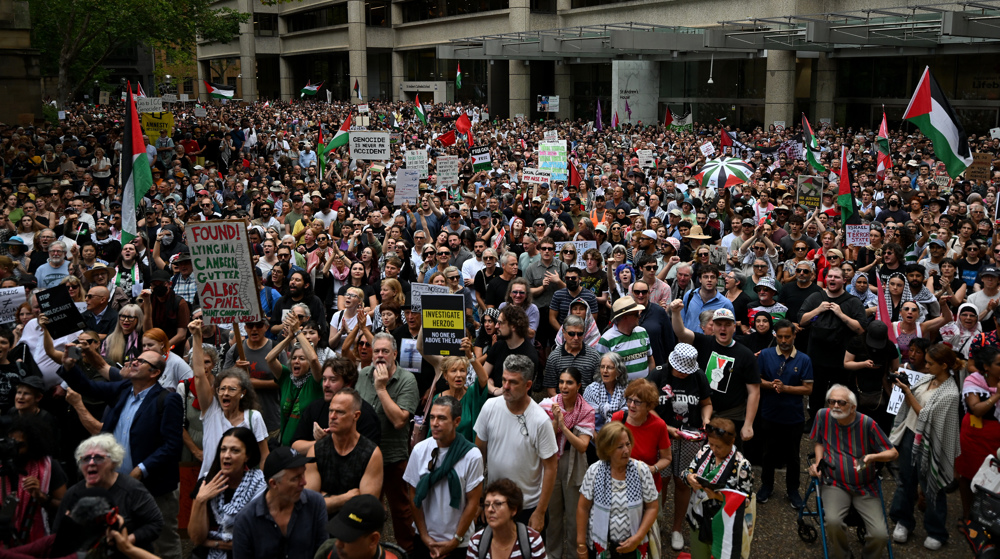
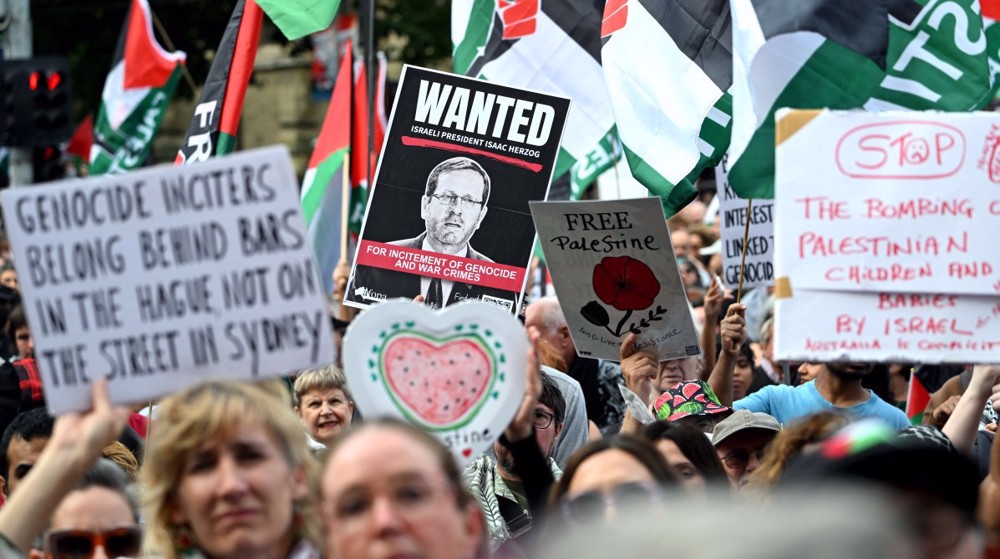
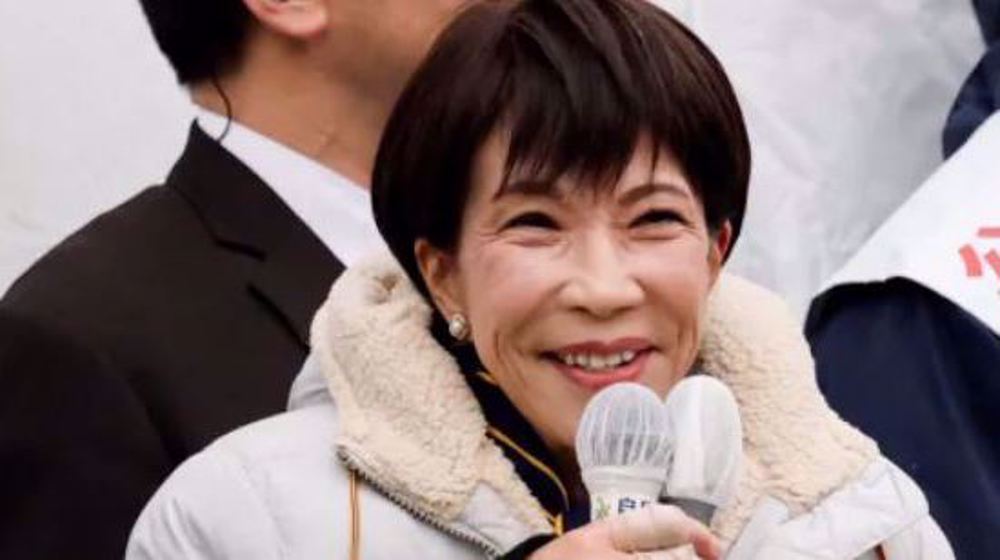



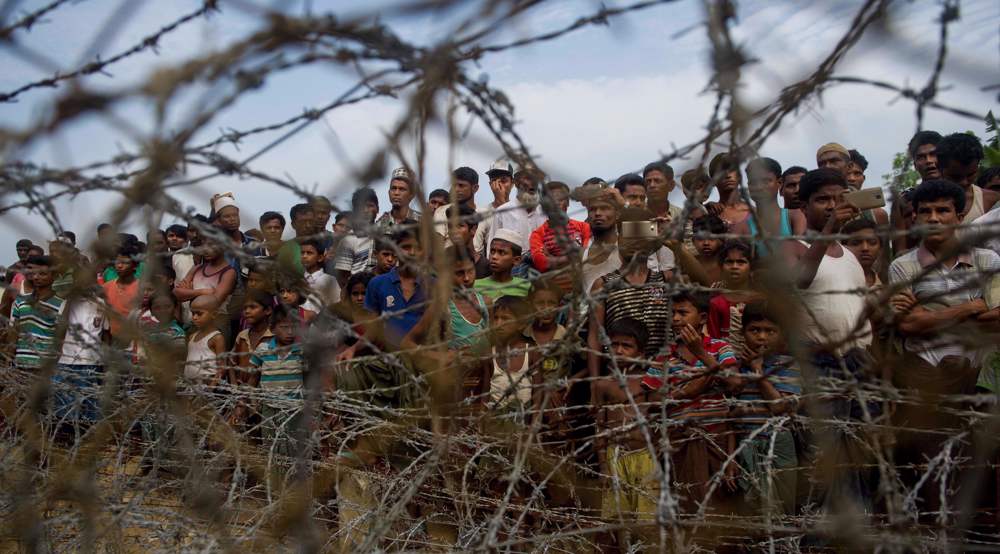
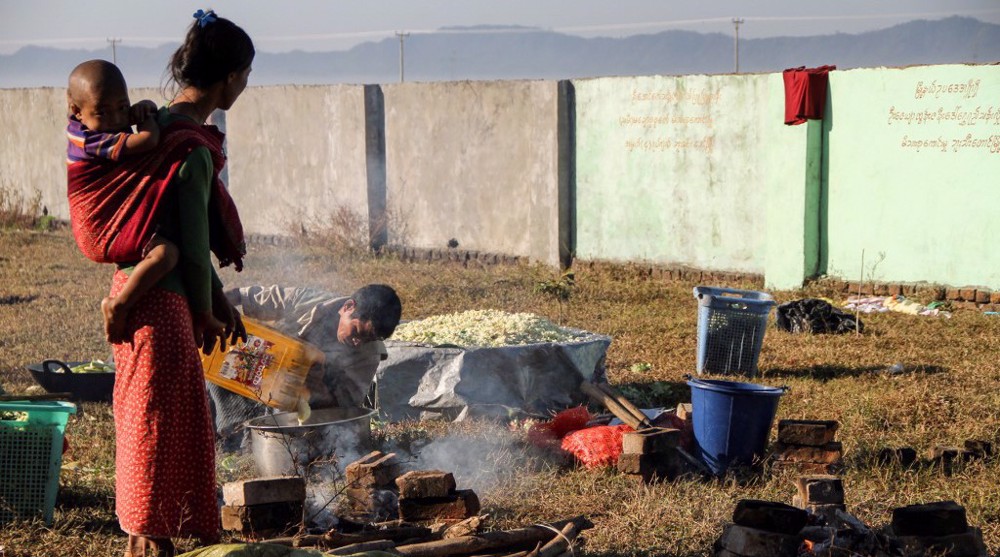

 This makes it easy to access the Press TV website
This makes it easy to access the Press TV website